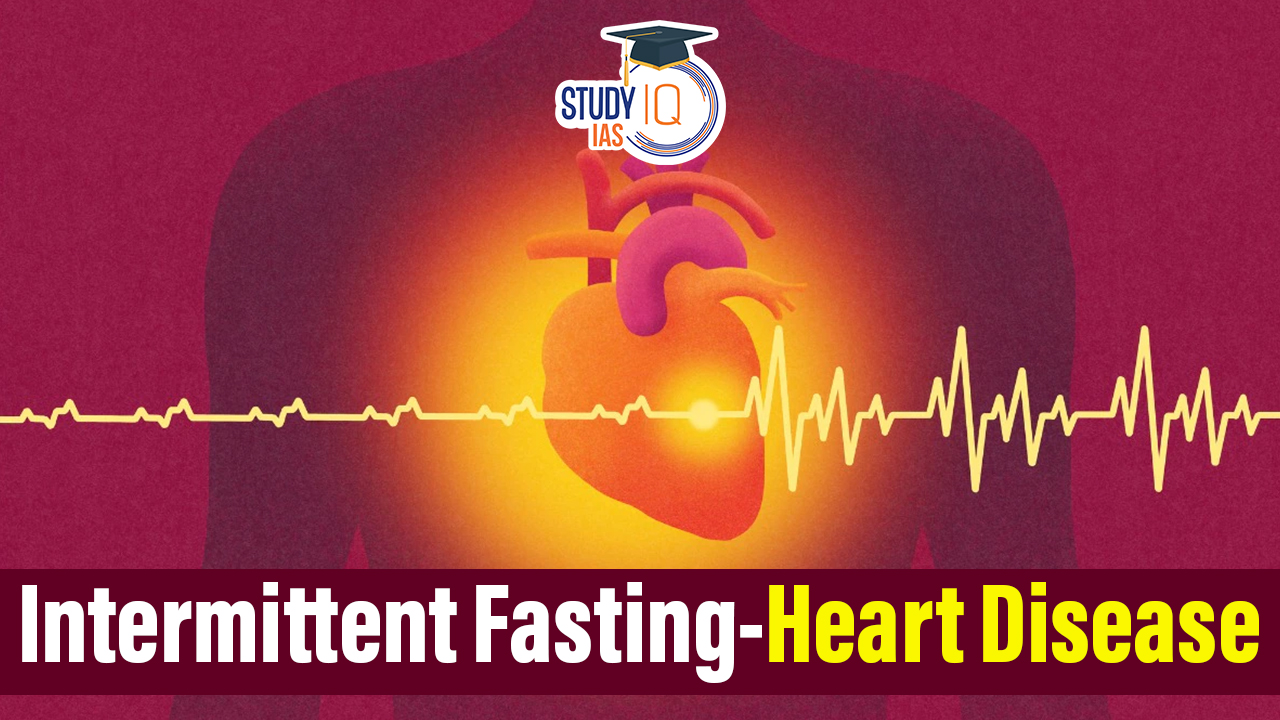Table of Contents
Intermittent Fasting
Intermittent fasting has gained popularity as a dietary approach where individuals restrict their eating to specific time windows, alternating with periods of fasting. While it has shown short-term benefits like weight loss and improved insulin sensitivity, recent research raises concerns about its impact on heart health.
What is Intermittent fasting?
Intermittent fasting (IF) is a dietary approach that involves alternating periods of eating with periods of fasting. Unlike traditional diets that focus on what foods to eat, intermittent fasting primarily concentrates on when to eat them. This approach doesn’t restrict specific food groups but rather defines specific time frames for eating and fasting. It has gained popularity for its potential health benefits, including weight loss, improved metabolic health, and enhanced cellular repair processes.
There are various methods of intermittent fasting, including:
| Fasting Method | Description |
| 16/8 Method | Fasting for 16 hours and consuming all meals within an 8-hour window each day. |
| Alternate-Day Fasting | Alternating between fasting days, where minimal or no calories are consumed, and regular eating days. |
| 5:2 Diet | Eating normally for five days of the week and restricting calorie intake to 500-600 calories on two non-consecutive days. |
| Eat-Stop-Eat | Fasting for a full 24 hours once or twice a week, with no food intake during the fasting period. |
| Warrior Diet | Fasting during the day and consuming one large meal at night, typically within a 4-hour eating window. |
We’re now on WhatsApp. Click to Join
Benefits of Intermittent Fasting
- Weight Loss: Intermittent fasting can facilitate weight loss by promoting a calorie deficit and enhancing fat burning processes.
- Improved Metabolic Health: It may improve metabolic health by regulating blood sugar levels, insulin sensitivity, and reducing the risk of type 2 diabetes.
- Enhanced Cellular Repair: Fasting triggers autophagy, a process where cells remove damaged components, promoting cellular repair and longevity.
- Heart Health: Some studies suggest intermittent fasting may improve heart health by reducing risk factors such as blood pressure, cholesterol levels, and inflammation.
- Brain Health: It may support brain health and cognitive function by enhancing the production of brain-derived neurotrophic factor (BDNF), a protein associated with cognitive function and neuroplasticity.
- Increased Energy: Fasting can lead to increased energy levels as the body adapts to using stored fat for fuel during fasting periods.
- Simplified Eating Patterns: Intermittent fasting can simplify eating patterns by reducing the need to plan and prepare multiple meals throughout the day.
- Potential Longevity Benefits: Some research indicates that intermittent fasting may promote longevity by activating cellular repair mechanisms and reducing the risk of age-related diseases.
- Improved Gut Health: Fasting may support gut health by allowing the gut to rest and promoting the growth of beneficial gut bacteria.
- Convenience and Flexibility: Intermittent fasting offers flexibility and convenience, allowing individuals to adjust fasting periods to fit their lifestyle preferences.
Can Intermittent Fasting Worsen Heart Health?
Intermittent fasting’s impact on heart health remains uncertain:
- Potential Risks: Studies suggest intermittent fasting may increase cardiovascular disease mortality risk.
- Calorie-Dense Foods: During eating windows, individuals may consume unhealthy, calorie-dense foods, exacerbating heart health issues.
- Blood Sugar Fluctuations: Fasting can lead to blood sugar fluctuations, stressing the cardiovascular system.
- Insulin Response: Fluctuations in insulin levels triggered by meals may negatively affect blood vessel function.
- Lack of Long-Term Studies: Limited research on intermittent fasting’s long-term effects on heart health necessitates further investigation.
Conclusion
While intermittent fasting shows promise as a dietary regimen, recent research underscores the importance of understanding its potential risks, particularly concerning heart health. Further research is needed to clarify its long-term effects and to provide evidence-based guidance for its implementation. As with any dietary approach, it’s essential to approach intermittent fasting with caution and individualized consideration.


 New Window of Opportunity for India amid...
New Window of Opportunity for India amid...
 Cetacean Morbillivirus: Meaning, Feature...
Cetacean Morbillivirus: Meaning, Feature...
 Transforming a Waste-Ridden Urban India:...
Transforming a Waste-Ridden Urban India:...

























